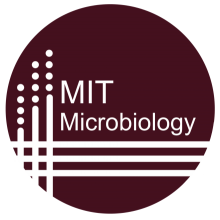
Abstract: Mucus covers all wet epithelia in the human body, creating a protective barrier for the underlying cell layer, and accommodating trillions of microbes that make up the microbiota. Mucin glycoproteins, the main gel-forming component of mucus, have emerged as multifaceted regulators of microbial physiology and microbial communities. Defects in mucus production or changes in mucin glycosylation are associated with microbial dysbiosis, where the outgrowth of opportunistic pathogens threatens human health. Streptococcus pneumoniae is a ubiquitous opportunistic pathogen, able to both asymptomatically colonize the microbiota of healthy children and adults and to cause invasive diseases. The mechanisms by which the body tolerates the presence of S. pneumoniae as part of the microbiota remain largely unknown. In this thesis, I fill this gap by exploring how S. pneumoniae senses and responds to the mucin environment. First, I identify that mucins downregulate a key virulence factor of S. pneumoniae, the cytolytic toxin pneumolysin (PLY). I show that through the regulation of PLY, mucin protects host cells from toxin-mediated killing and modulates inflammatory signals. Second, I identify that mucins downregulate colonization factors in S. pneumoniae, modulating microbe-microbe interactions between nasopharyngeal bacteria. Together, these results uncover novel mechanisms for how mucin tames opportunistic pathogens and provides insight for the development of novel therapeutics to treat S. pneumoniae infection.